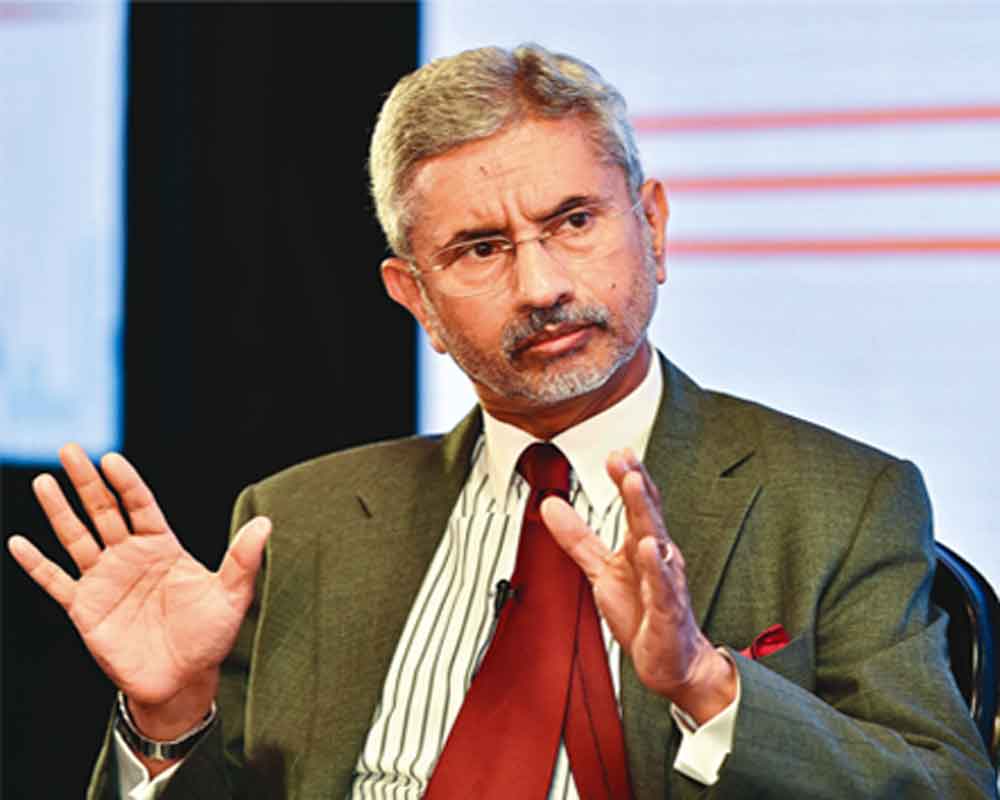Tension over Ladakh calls for diplomacy; confrontation will be detrimental for the region
In recent years, Ladakh has emerged as a flashpoint for territorial control among India, China and Pakistan. Nestled in the Himalayas, the region has witnessed heightened tensions and military standoffs, casting a shadow over peace and stability. Amid this backdrop, India’s External Affairs Minister S Jaishankar has reiterated the pressing need for constructive engagement among all stakeholders. He is not off the mark: The landmass has the potential of triggering a war among three nuclear weapon States, not to mention the possible involvement of other superpowers with interest in the region. Dr Jaishankar’s remarks underscore a fundamental reality: The ongoing tension in Ladakh serves neither India nor China. Instead, it perpetuates a cycle of mistrust and escalatory actions that undermine the prospects of peaceful coexistence and regional prosperity. The Galwan Valley military standoff in 2020 highlighted the fragility of status quo and the urgent need for effective mechanisms to manage and de-escalate crises. Central to Dr Jaishankar’s statement is the recognition that the resolution of tension in Ladakh requires a multifaceted approach that goes beyond conventional military posturing. While maintaining a robust defence posture is essential to safeguarding national interests, sustainable peace hinges on dialogue, diplomacy and mutual respect for territorial integrity. To put things in perspective, the Ladakh dispute has roots in history, with the main cause being an ill-defined, 2,100-mile-long border. Rivers, lakes and snow-caps along the frontier mean the line can shift, bringing soldiers face to face at many points, this sparking a confrontation.
The LAC is the de facto border between India and China, but vaguely defined. In this scenario, it is difficult to resolve the deadlock and ascertain the territorial boundary. India’s stance on Ladakh aligns with its broader foreign policy objectives, characterised by a commitment to upholding the principles of sovereignty, territorial integrity and peaceful resolution of disputes. By emphasising the importance of dialogue and diplomacy, India seeks to create an environment conducive to constructive engagement with all stakeholders. The External Affairs Minister’s remarks also highlight the critical role of Pakistan in the regional dynamics. Pakistan’s support for cross-border terrorism and its destabilising activities pose significant challenges to regional peace and security. Addressing the issue of terrorism is not only a prerequisite for normalising relations between India and Pakistan but also a vital step towards fostering stability in the South Asian region. As a responsible member of the international community, India advocates for concerted efforts to eradicate terrorism. By advocating constructive engagement and mutual respect, India seeks to pave the way for a stable and prosperous future for the region. Everyone involved should heed rational voices; the last thing anyone wants to hear is the sound of a nuclear explosion.


























